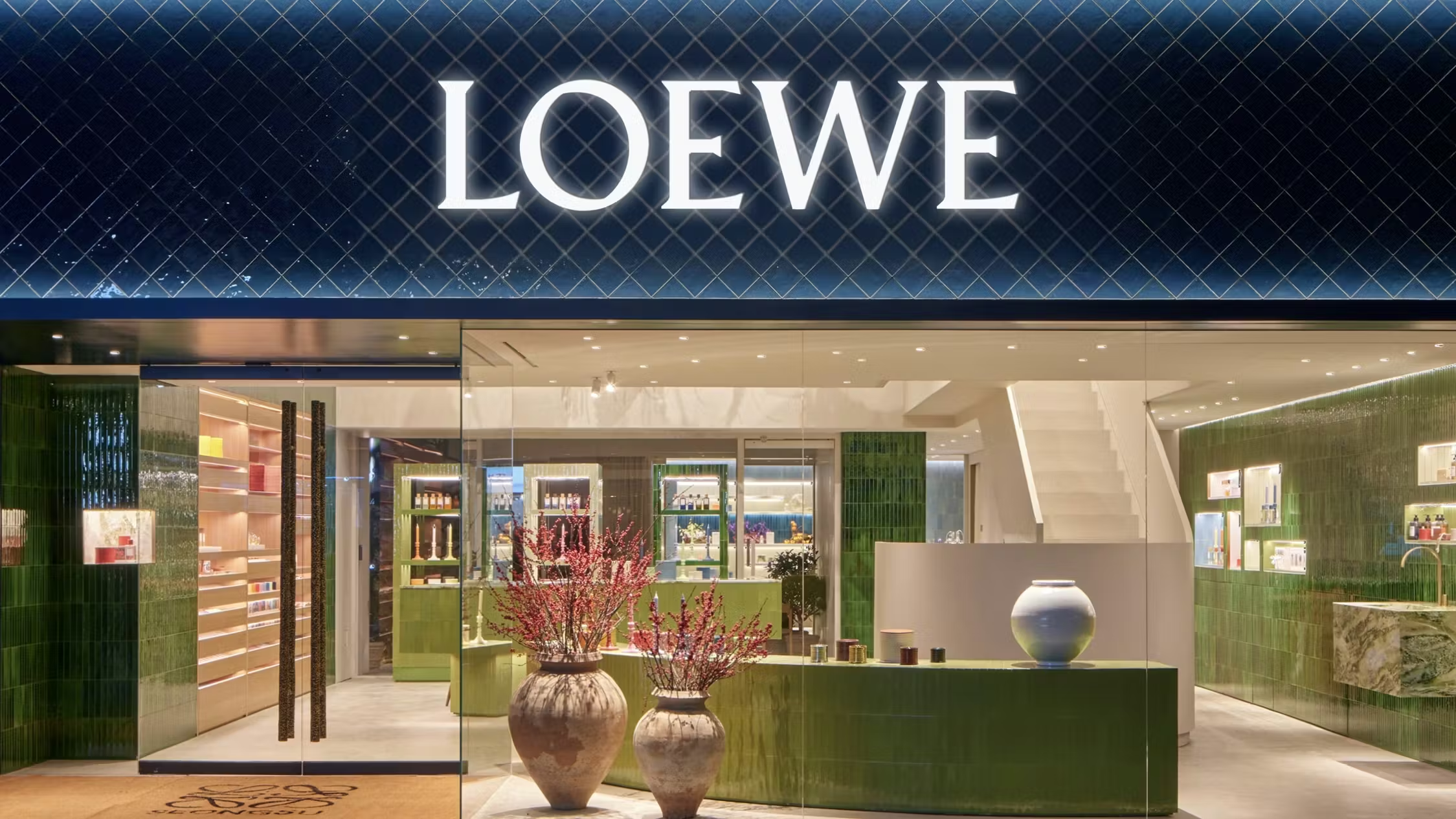As global consumers become increasingly conscientious about ethical sourcing in luxury fashion, scrutiny of legacy brands such as Gucci, the flagship of Paris-based conglomerate Kering., has never been higher. A U.S. court near the end of 2024, allowed significant claims against Gucci alleging deceptive representations about the ethical treatment and sourcing of exotic animal skins, especially python and crocodile, to move forward to the next stage of litigation.
Allegations: Exotic Skins and Misleading Claims
In a lawsuit brought by former Gucci sales associate Tracy Cohen, and supported by documentation from animal rights group PETA, plaintiffs allege that Gucci instructed staff to assure clients its python and crocodile skin products were humanely sourced or derived from a natural shedding process. Employees were trained to tell customers that these animals weren’t killed for their skins but instead shed them naturally, implying humane and sustainable sourcing.
Pythons were smashed over the head and skinned while alive. Crocodiles were also reportedly subjected to inhumane slaughter at suppliers, ultimately providing goods to Gucci.
Gucci and Kering Response: Public Ethics Versus Legal Defense
Gucci and Kering publicly embrace robust standards of animal welfare. Their communications reference the highest standards of ethical sourcing, and Gucci’s 2017 acquisition of a python farm in Thailand is often cited as an effort to ensure skins are sourced humanely and sustainably. However, in court filings, Gucci categorically denied any wrongdoing and argued that plaintiffs provided no direct evidence of consumer deception or systematic violations of supply chain ethics. The company asked the court to dismiss the case on those grounds.
Recent Court Ruling: Fraud and Deception Claims Move to Discovery
In October 2024, the U.S. District Court for the Northern District of Illinois rejected Gucci’s main motion to dismiss. The Court found that plaintiff Cohen’s allegations regarding misrepresentations about animal welfare and sourcing were sufficiently detailed and plausible—allowing these claims advance to the evidence-gathering phase known as discovery.
However, the Court dismissed claims against Kering Americas, Inc. due to jurisdictional issues, narrowing the corporate scope for litigation purposes.
What the Lawsuit Means for the Luxury Industry
The legal battle against Gucci marks a rare instance of a leading luxury brand forced to defend the veracity of its animal welfare marketing. Industry analysis points out that if plaintiffs prevail, the case could set benchmarks for how luxury companies substantiate claims about ethical, sustainable, or cruelty-free practices, establishing new legal standards for supply chain transparency and consumer protection.
Attempts to conceal unethical conduct, even if not deliberate, could result in long-lasting damage to Gucci’s reputation and a decline in consumer trust.
Next Steps: Discovery and Potential Impact
As the case enters discovery in late 2024 and early 2025, both sides will present evidence on marketing, staff training, enterprise supply chain documents, and actual sourcing practices linked to python and crocodile leather. The case is closely watched by animal rights activists, the fashion press, and investors as a referendum on “greenwashing” and the meaning of ethics in luxury.
Throughout, Cohen and her legal team maintain that a reasonable consumer would have been misled by Gucci’s ethical sourcing representations, given what was later revealed about the supply chain.
Future Outcome
Gucci and parent company Kering now face a defining legal and reputational test, as their commitment to ethical sourcing and consumer transparency comes under the microscope in U.S. federal court. With discovery underway and the fashion world watching, this case may set a lasting precedent for how brands communicate and deliver on ethical promises in luxury retail.

















